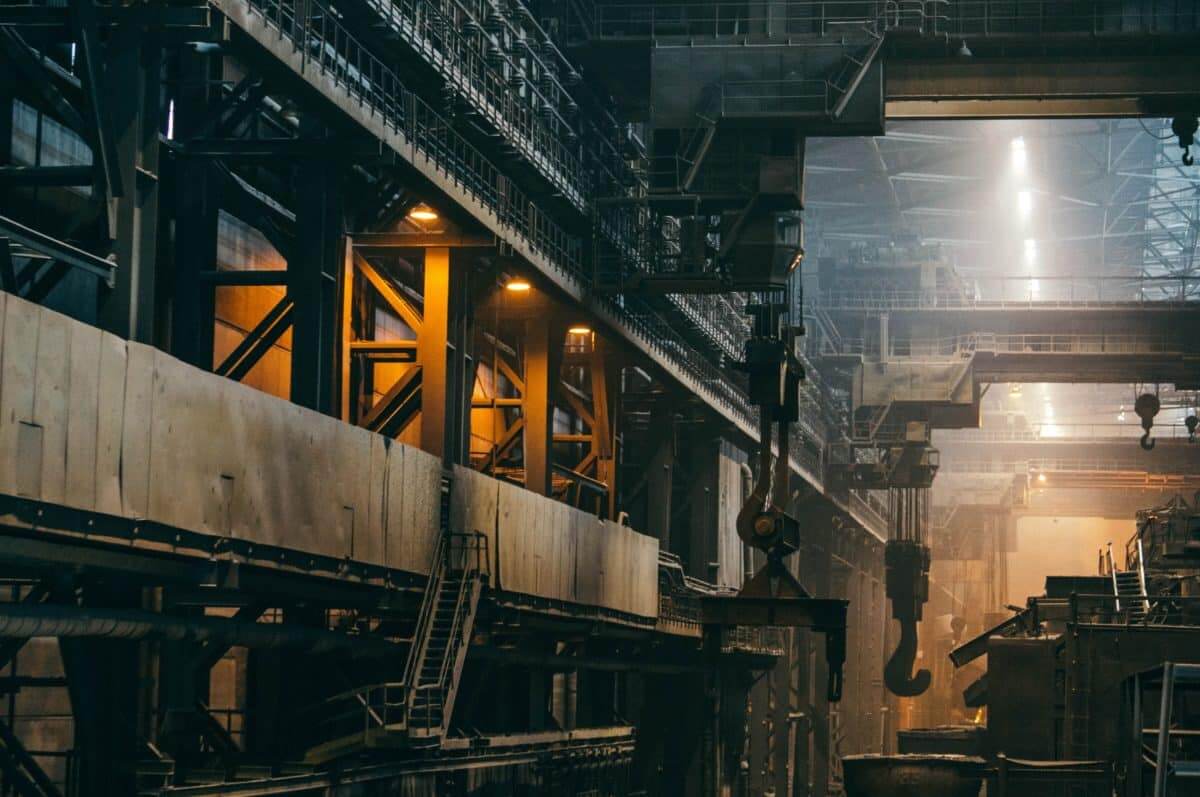
Lowest Steel Hovers in Two Months
The price of steel rebar futures was essentially same at CNY 3,700 per tonne. Down from the two-month high of CNY 3,760 reached on December 9th. As worries over the weakening Chinese economy outweighed efforts to boost the crucial building industry in the nation.
China’s foreign trade turnover plummeted in November as both domestic and international demand remained weak, and the NBS PMI indicated the worst contraction in industrial activity in seven months.
Input demand was also held low by the nation’s steel-intensive real estate development. As new home purchases are 30% lower than they were a year ago. And credit growth was less than anticipated for November.
However, growth-oriented policies implemented by the Chinese government prevented further declines in steel prices. The major commercial banks in the nation have agreed to offer fresh credit lines totaling $162 billion to private developers, and the PBoC has lowered the reserve requirement ratio by 25 basis points to encourage lending to the overextended industry.
We must first comprehend the Chinese economy in order to comprehend the Chinese steel industry. Because of this, the metallurgist in me is unable to respond and must seek assistance from the covert economist.
The first thing that needs to be made abundantly apparent in this situation is that the production cost has very little bearing on the final cost of the product. The value of scarcity is what drives a product’s price. Second, everything in the economic world is somehow related to everything else.
More about the Chinese steel economy
Now let’s talk about the Chinese economy. China has an extremely unbalanced system of economic ties with the rest of the globe. The benefits of globalization have been best utilized by the Chinese. However, the crucial query is how.
We must travel back several decades in order to respond to that. Everything planned by the government in black and white. As a result, various heavy industries popped up in the country. But there was a problem: the general populace lacked purchasing power. This changed government policy, resulting in a never-before-seen case of “socialist” capitalism.
As a result, China gained access to the technology needed to advance its economy. Increased per capita income. And helped the government obtain money (it is simpler to tax the organized sector than the unorganized sector). With a solid infrastructure and the help of its newly acquired technical know-how. China quickly rose to the top of the manufacturing sector in practically every industry, taking the global economy by storm.




